Supply Agricultural Stainless Centrifugal Pump in China Maker
Agricultural centrifugal pumps play a crucial role in the modern farming landscape. These pumps are essential for efficient water management, which directly influences crop yield and sustainability. As water usage in agriculture becomes more critical due to climate change and increasing global demand, the role of the agricultural centrifugal pump has become more significant. Their impact extends beyond irrigation to include improving overall farm productivity and promoting sustainable agricultural practices.
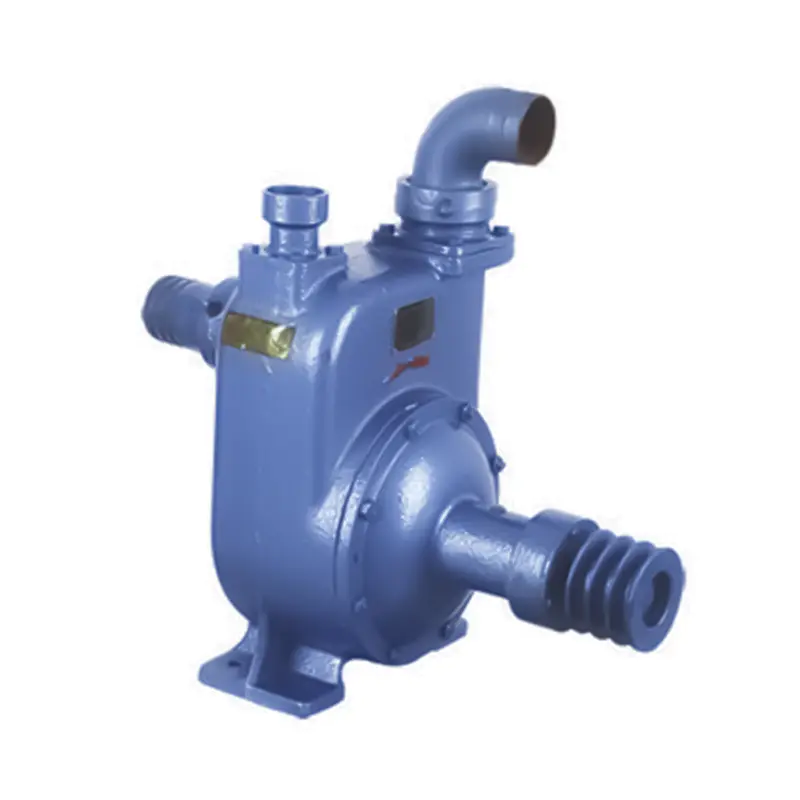
An agricultural centrifugal pump is designed to move water from one location to another through the conversion of rotational energy into kinetic energy. This process allows water to be efficiently distributed across fields, ensuring crops receive the appropriate amount of hydration for growth. The performance of an agricultural centrifugal pump is directly tied to how well it can manage water flow, which is vital for increasing crop yield. When used correctly, an agricultural centrifugal pump ensures that crops get the right amount of water at the right time, optimizing growth conditions and supporting high-quality harvests.
One of the primary ways in which an agricultural centrifugal pump contributes to crop yield is through its ability to provide consistent water pressure. In many agricultural systems, fluctuations in water pressure can advance to uneven irrigation, resulting in some plants receiving too much water while others receive too little. An agricultural centrifugal pump helps prevent this by maintaining a steady flow, ensuring that each plant receives the necessary hydration for good growth. This consistency reduces the risk of crop stress, which can negatively affect yield and quality.
Sustainability is another area where agricultural centrifugal pumps make a significant impact. Water conservation is a top priority for farmers seeking to reduce their environmental footprint while maintaining crop production. Traditional irrigation methods can be inefficient, wasting large amounts of water and energy. Agricultural centrifugal pumps, however, are more energy-efficient and capable of delivering precise amounts of water to crops. By using an agricultural centrifugal pump, farmers can significantly reduce water wastage, which is critical in regions facing water scarcity. Additionally, the pump’s efficiency in energy use further promotes sustainability by lowering the amount of energy needed to operate irrigation systems.
In terms of sustainability, agricultural centrifugal pumps also contribute to soil health. Overwatering can advance to soil erosion and the leaching of nutrients, which can degrade soil quality over time. An agricultural centrifugal pump helps mitigate these issues by allowing farmers to control the flow and application of water. Proper irrigation management reduces the risk of overwatering, which preserves soil structure and nutrient levels, promoting long-term soil health and preventing degradation. This, in turn, supports sustainable farming practices by reducing the need for chemical fertilizers and soil amendments.
Another benefit of agricultural centrifugal pumps is their adaptability to different types of crops and farming systems. Whether used in large-scale commercial farms or smaller, specialized operations, an agricultural centrifugal pump can be adjusted to meet the specific needs of different crop types and irrigation methods. This flexibility is important for ensuring that the pump's impact is maximized, regardless of the scale of the farm. By optimizing water delivery, the agricultural centrifugal pump ensures that crops—whether high-value cash crops or staple food crops—receive the proper care they need to thrive.
The reliability of agricultural centrifugal pumps also plays a vital role in the farming process. In agriculture, time is often of the essence, especially during critical planting and harvesting seasons. A failure in the water delivery system can result in severe crop loss. Agricultural centrifugal pumps are designed for durability and ease of maintenance, reducing the likelihood of disruptions during peak growing periods. Their ability to perform consistently, year after year, is a key factor in ensuring that farmers can rely on them to support crop growth and meet sustainability goals.
In conclusion, agricultural centrifugal pumps are indispensable tools for modern agriculture, influencing both crop yield and sustainability. Their ability to provide reliable, efficient water delivery contributes to higher crop productivity while conserving precious water resources. Moreover, their impact extends to supporting soil health and ensuring that farms can continue to operate sustainably, even in challenging environmental conditions. As agriculture faces increasing pressure from climate change and resource scarcity, the agricultural centrifugal pump will continue to play a pivotal role in securing the future of farming.

 English
English русский
русский Español
Español
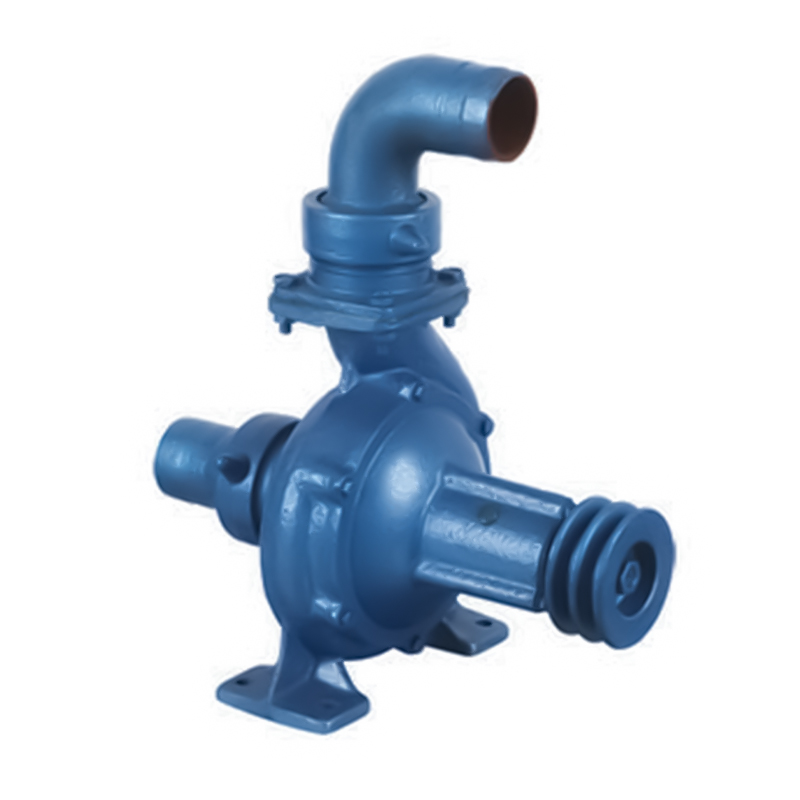
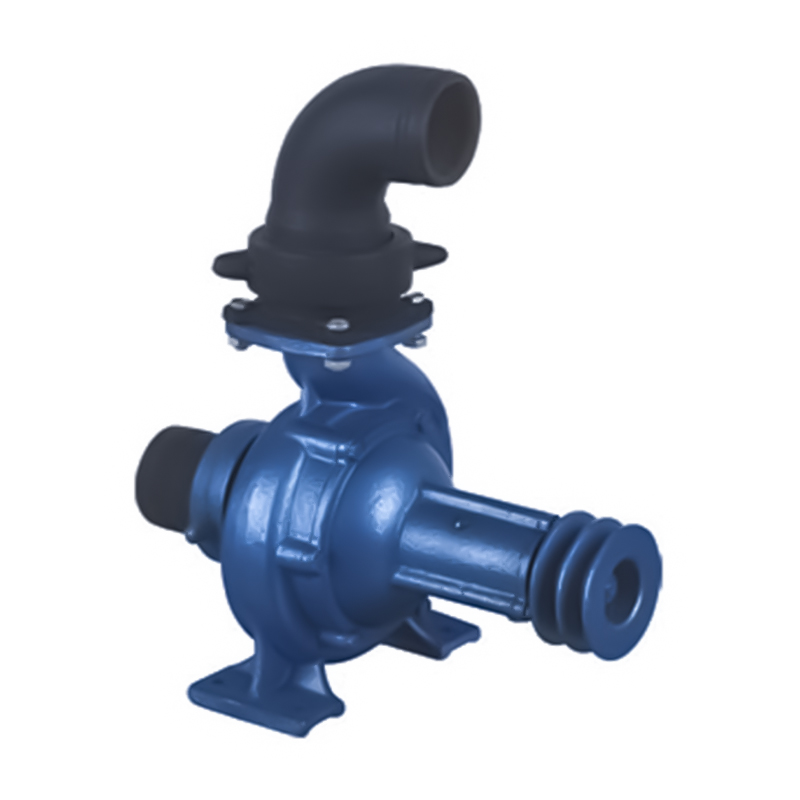

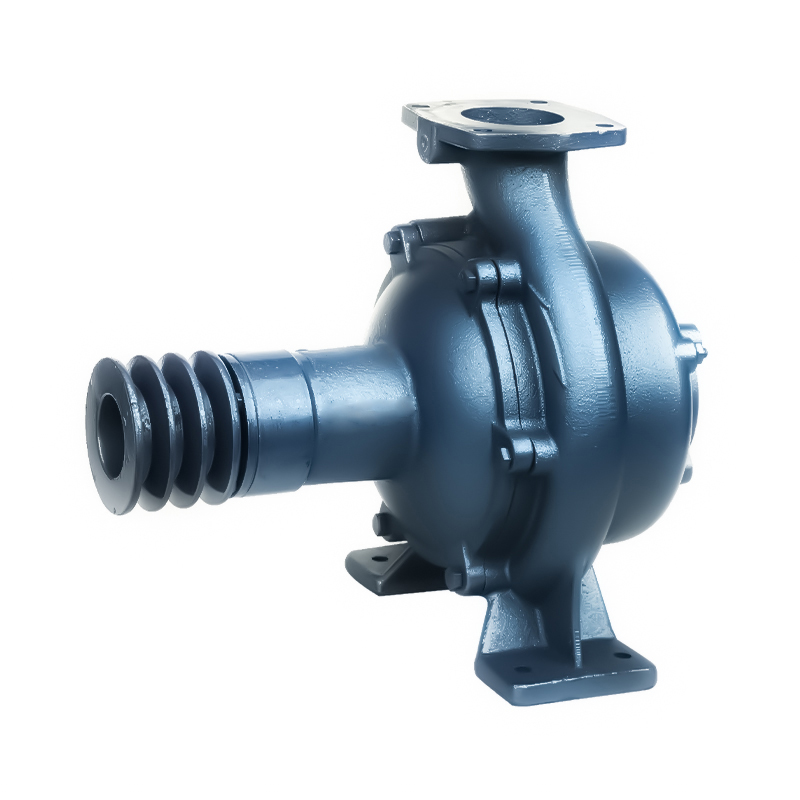
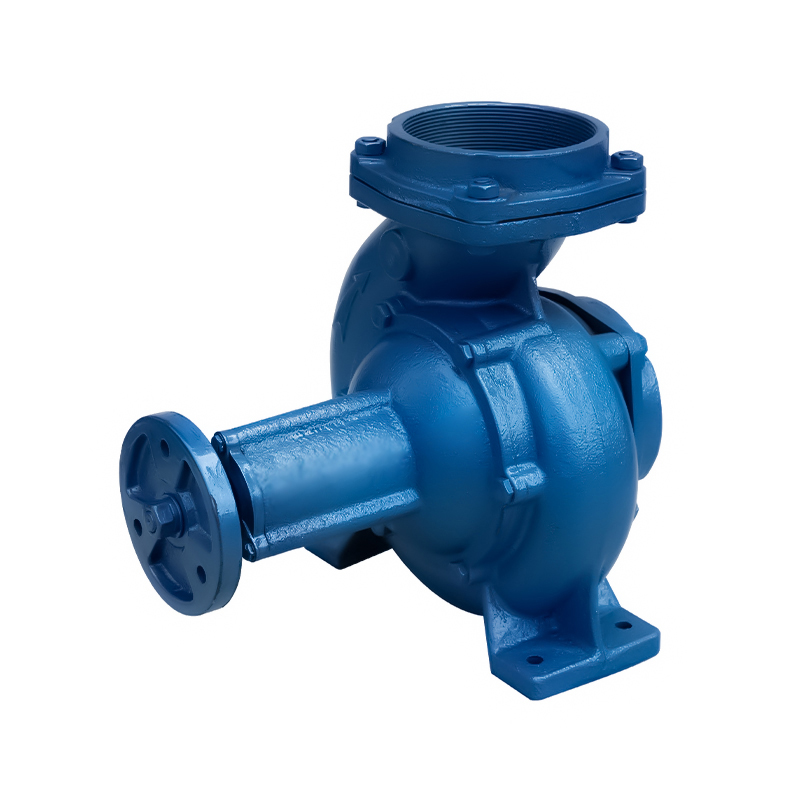
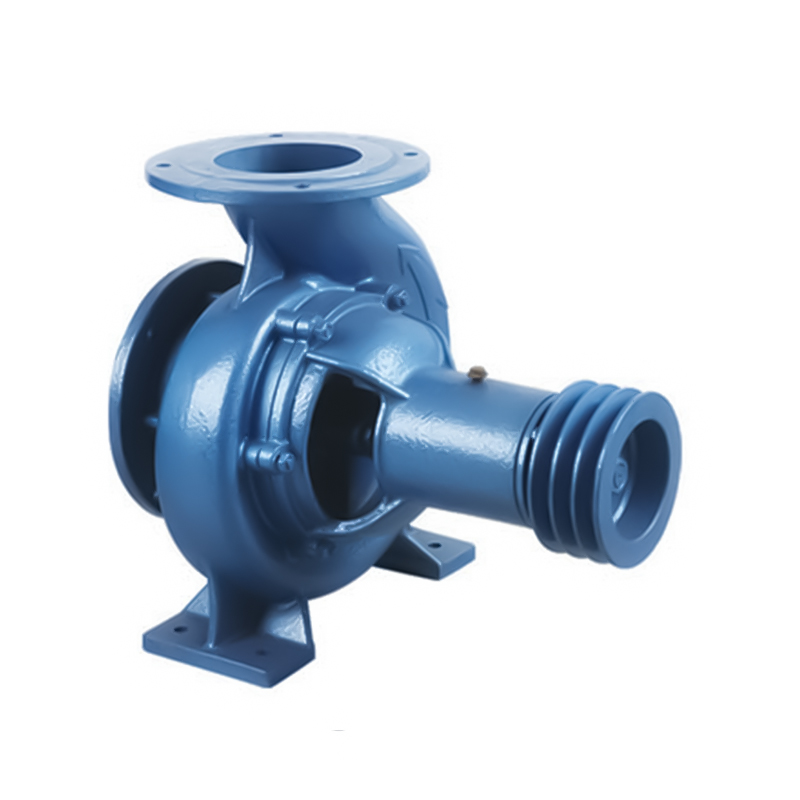
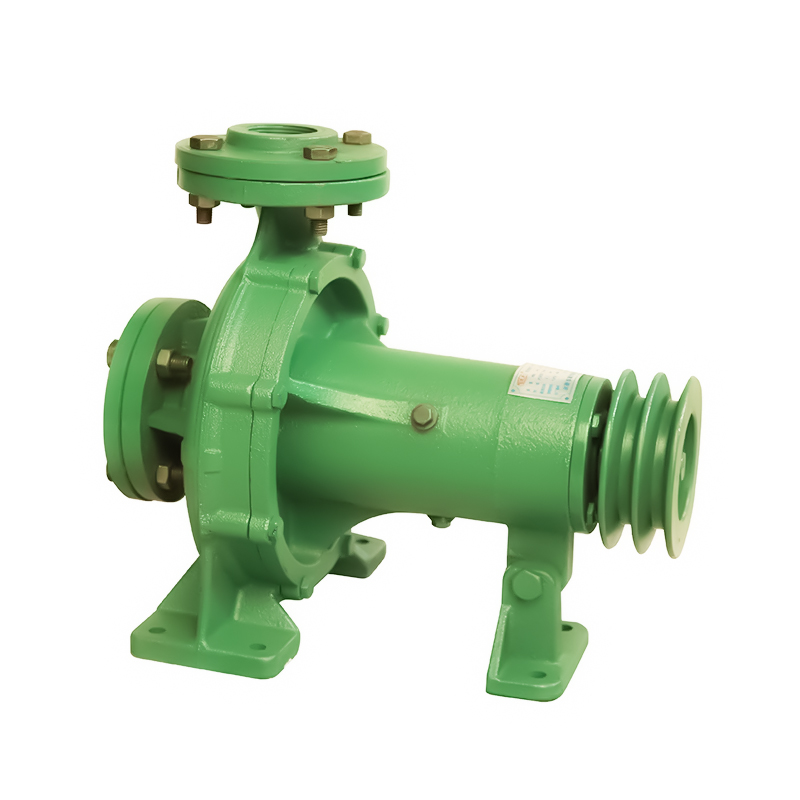

 Email:
Email:
 Phone:+86-13605899207
Phone:+86-13605899207

